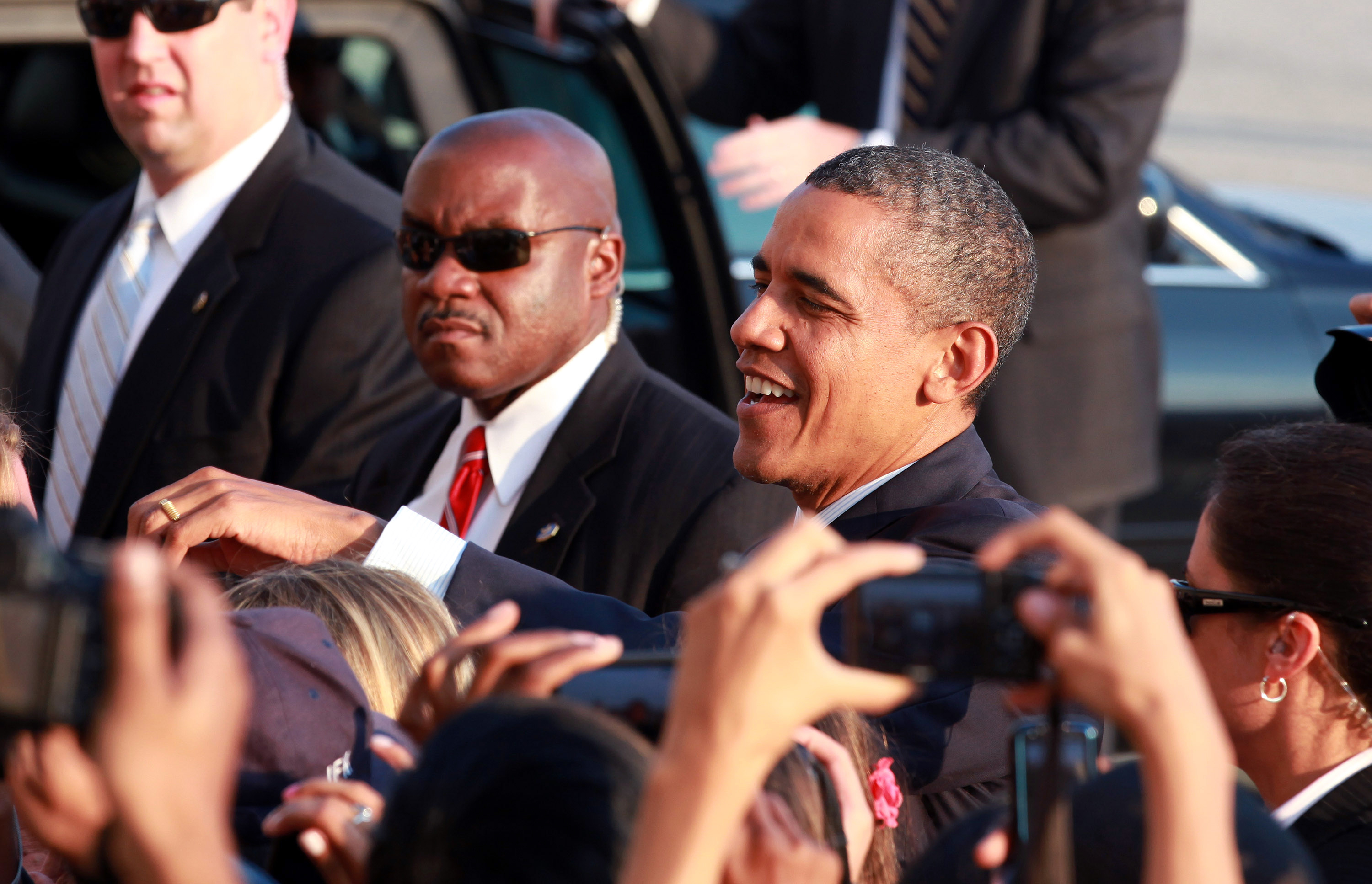By TOM RAUM
Associated Press
WASHINGTON - November's presidential election offers Americans one of the starkest choices in years. On this, at least, President Barack Obama and Mitt Romney can agree.
Obama says voters will choose between "two fundamentally different visions of where we take America." To which his Republican rival counters: "If you want to know where his vision leads, open your eyes...It leads to lost jobs, lost homes, lost dreams."
Romney promises a countervision of "growth and jobs and economic vitality."
There are no shades of gray. Beyond the usual election-year distortions and exaggerations, a yawning issues gulf separates the two candidates.
Romney sharpened the distinctions by selecting Wisconsin Republican Rep. Paul Ryan as his running mate, a choice that cheered the GOP's conservative base.
The differences will be on display over the next two weeks as Romney, and then Obama, host their national party conventions.
The world views of the two tickets seem like mirror-images.
Obama sees government as the catalyst for economic growth, a safety net for the neediest, a protector against free-market excesses and a safeguard for the environment. That philosophy led to his stimulus and auto-bailout programs and his support for legislation tightening federal financial regulation. In the future, he wants more government spending on education, on highways and bridges and in promoting renewable energy.
In other words, Obama wants a government that is active on behalf of its citizens while Romney and Ryan believe it should get out of the way.
Borrowing a page from Ronald Reagan, Romney brands government the problem - not part of the solution. He says overreaching government stifles growth, innovation and productivity. He would slash individual and corporate taxes, lighten federal regulations and trim budget deficits mostly through deep spending cuts.
Their positions hew closely to present day Democratic and Republican hyperpartisan orthodoxy.
"The old rule-of-thumb was that to win the nomination you first win your base and then move to the middle. Both Obama and Romney are being forced to play it closer to their bases than in the past," said presidential scholar Stephen Hess at the Brookings Institution think tank. By now, both candidates should have begun a migration to the center to attract crucial independent voters. "But that's not happening," Hess said.
And with a fifty-fifty polarized nation and a shrinking number of undecided voters, energizing their respective bases is of critical importance.
The candidates harbor many 180-degree differences:
